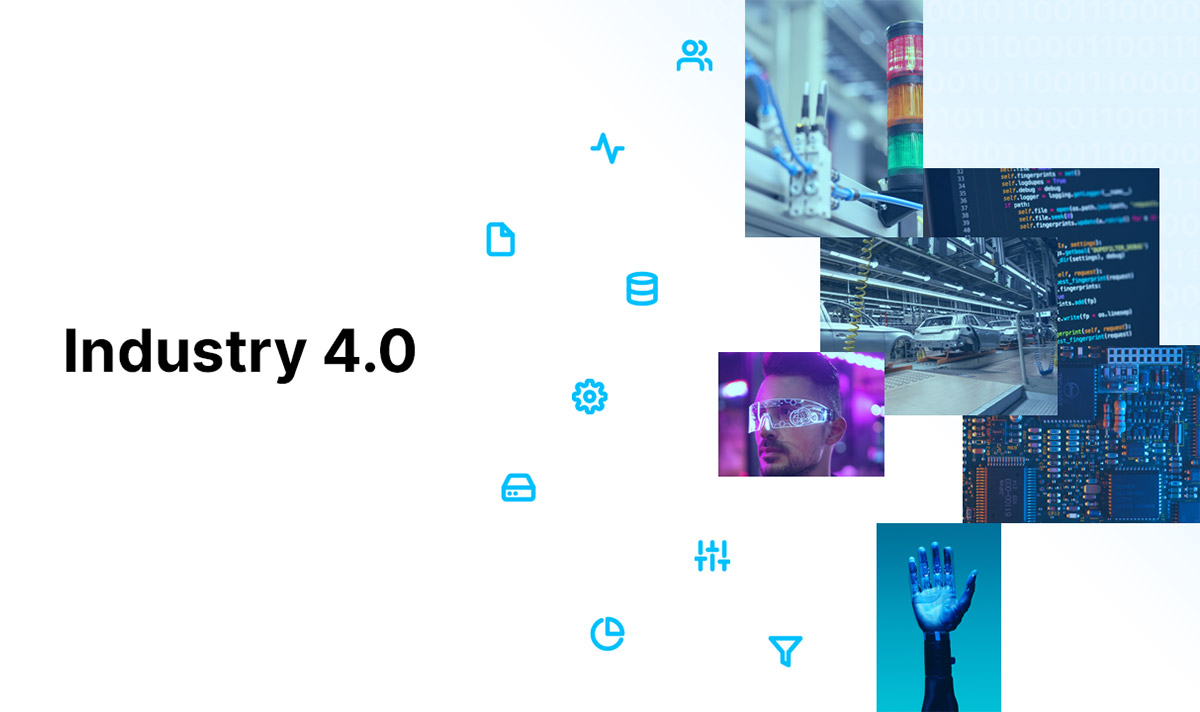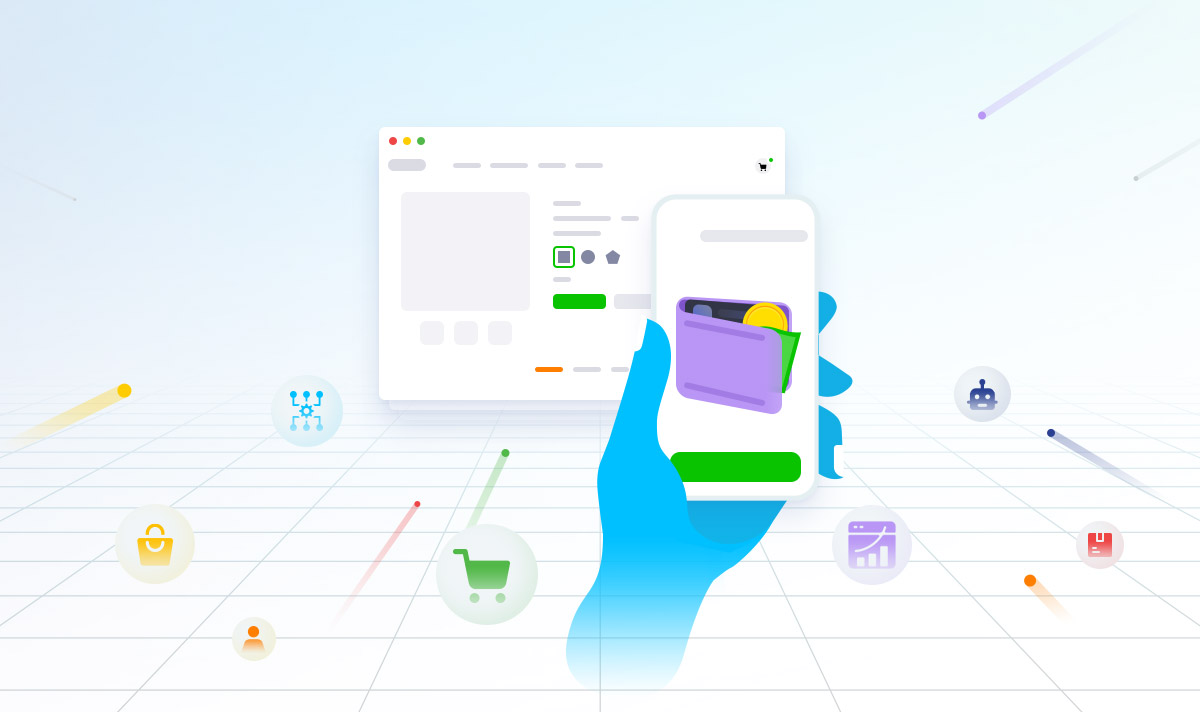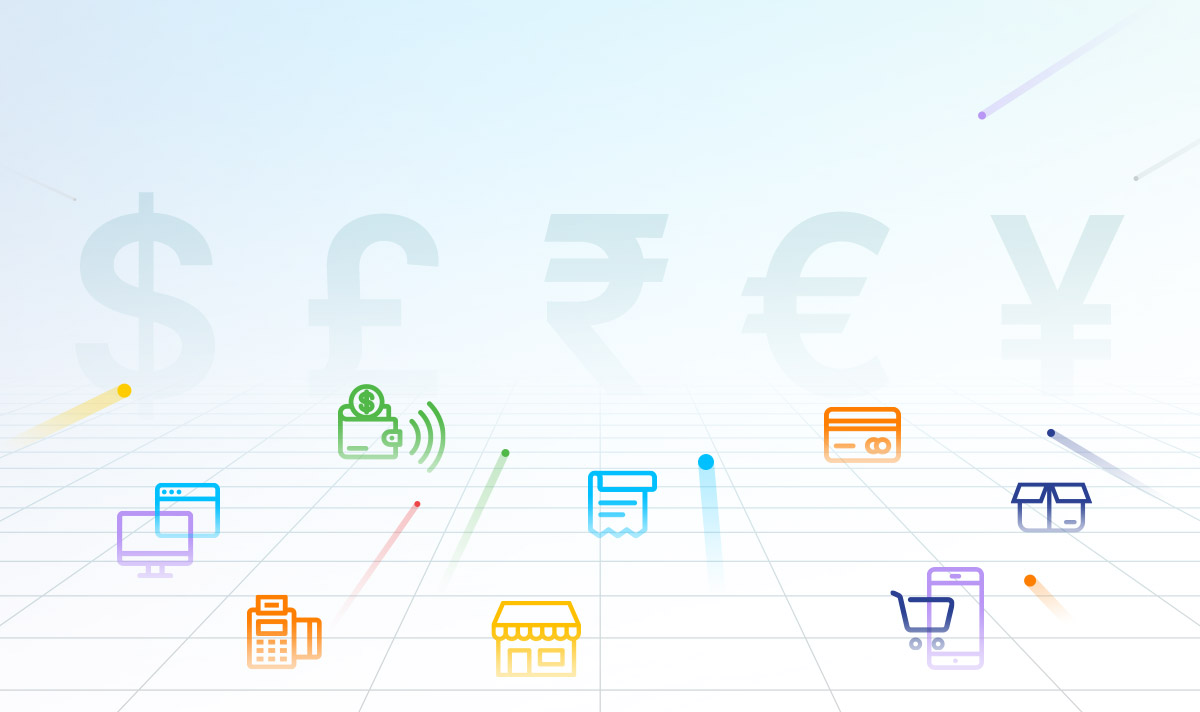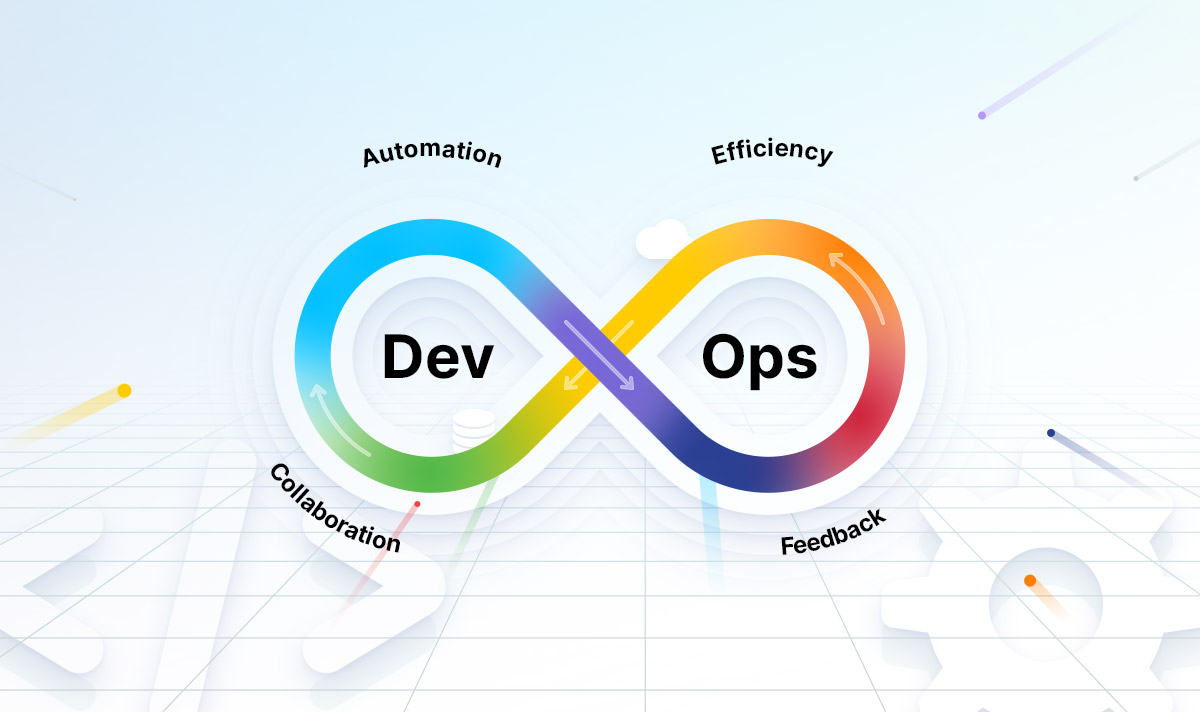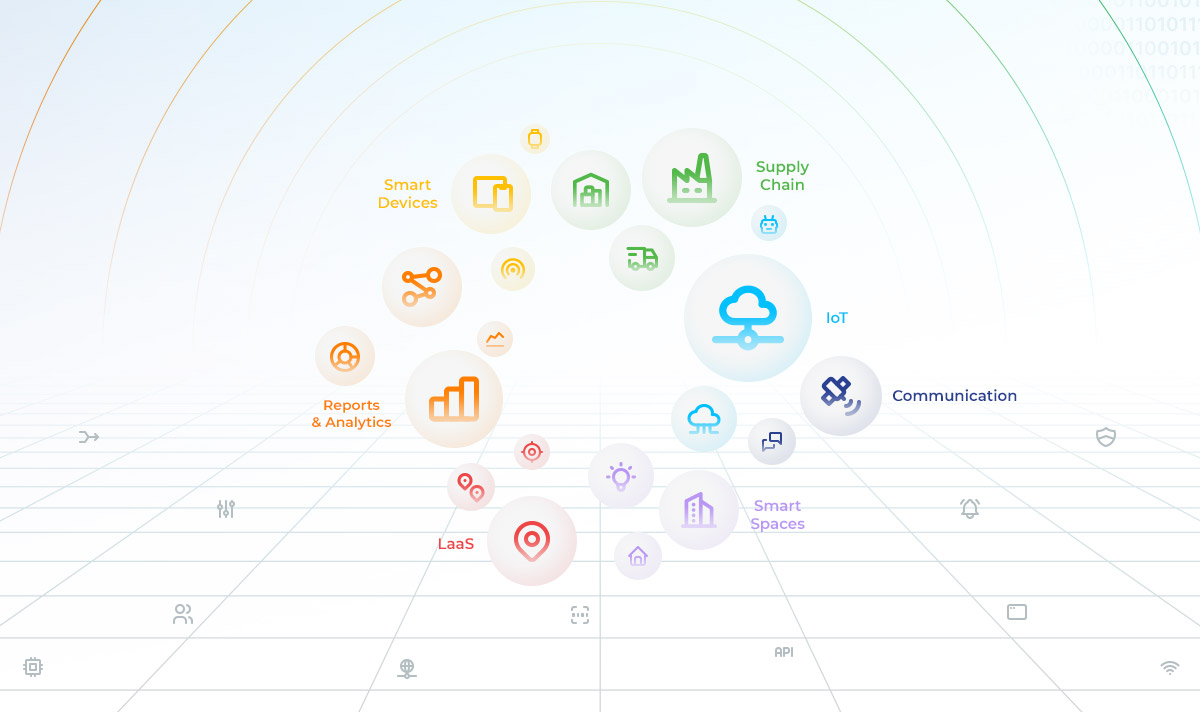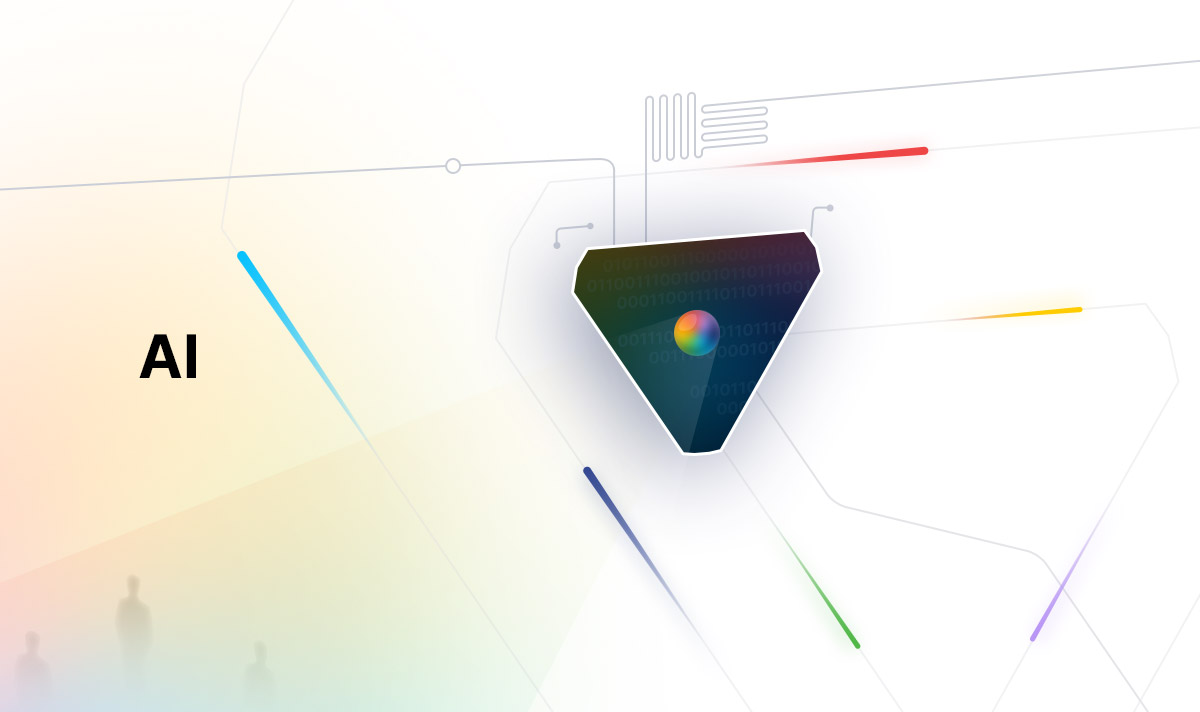People all over the globe once made a buzz about Industry 4.0 as an upcoming disruptor. Now, it is here, being highly essential to build competitive relevance for any business. Digital solutions have become an integral part not only in manufacturing but also of the entire supply chain.
Industry 4.0 is a vision that emerged from the initiative to transform the German manufacturing industry from a highly competitive to a worldwide accepted term. Industrial Internet of Things (IIoT), smart manufacturing, and automation have been making the fourth Industrial revolution more profound. The economic impact made by IIoT in factories is estimated to reach 1.2 trillion USD to 3.7 trillion USD by 2025.
Let’s deep dive into Industry 4.0 and its significant contribution to the future of the manufacturing industry.
What is Industry 4.0?
The previous three series of the industrial revolution were focused on mechanical production, mass production, and digital production respectively. However, Industry 4.0 signifies the amalgamation of the three eras, combined with impactful technological confluence that makes the manufacturing processes improved.
Professor Klaus Schwab, wrote in his book The Fourth Industrial Revolution, that new technologies combine digital, physical, and biological worlds, with the potential to connect billions of people to the web and thereby enhance organizational efficiency.
Industry 4.0 or Manufacturing 4.0, gives an interconnected and holistic approach towards manufacturing with the connection of physical with digital and ensures high-end collaboration among products, suppliers, partners, departments, and people.
How does Industry 4.0 impact the Manufacturing industry?
Industry 4.0 is used to trigger operational efficiency, break down the data silos, improve demand forecasting, utilize predictive maintenance, impart virtual training and safety training to workers, and so on. Being an extension of digital transformation, Industry 4.0 ranges from planning to delivery of the supply chain, with a plethora of solutions for smart warehouses, data sensors on shop floors, asset tracking, deep analytics, etc.
Being the best ERP development company Enliven offers Industry 4.0 enterprise application solutions that can let you experience seamless software integrations to make manufacturing processes smart and agile.
Industry 4.0- Technological Revolution
With the introduction of Industry 4.0, endless technological changes have been introduced to the manufacturing industry, as follows:
1.Industrial Internet of Things (IIoT)
IIoT involves the interconnectivity of sensors, data, and machines interfacing seamlessly, where the data can be used to optimize the efficiencies of manufacturing processes.
For instance, the combination of IIoT and Big Data is utilized to enhance digital transformation in Bosch Automotive Diesel Systems Factory, China. The company makes use of interconnectivity to track the entire production process of the plant. The sensors are embedded in machines and used for data collection for cycle time and machine conditions. After collection, modernized data analytics tools can perform real-time data processing and alert the workers in case of identification of operational bottlenecks.
This way, equipment failures can be detected in advance, so that it helps the factory to schedule maintenance before facing failures.
2.Automation
Connected factories can help your business maximize efficiency, thereby the profits. Automation, with Artificial Intelligence or robots, is made using interconnectivity and communication using optimized Industrial processes.
The manufacturing industries use autonomous robots to avoid human injury during assembly, welding, etc. Autonomous robots can help to implement order picking with quick analysis, and efficient route identification, even for multiple orders.
Since robots don’t need breaks, they can be utilized for continuous production.
3.Artificial Intelligence
The powerful subset of Machine Learning, Artificial Intelligence is a practical requirement for a smart factory. AI algorithms can be used to optimize supply chain operations and help them to anticipate the changes occurring in the market.
AI is the primary tool that can use the data generated from connected factories to reprogram the workflows, optimize machinery, and understand the overall improvements that can be used to drive revenue. According to a recent survey on AI by Forbes, more than 44% of respondents belonging to automotive manufacturing classified AI as the “highly important” category while 49% said that AI is “absolutely critical” for their success strategy.
For instance, Audi used an AI vision system in a press shop that could identify the cracks in sheet metal with advanced deep learning techniques.
4.Big Data & Analytics
There are tons of data to be analyzed and learned since companies generate data for every function of the manufacturing process. Big data analytics systems use AI technologies and Machine learning techniques to promptly implement data processing and make improvements in the manufacturing operation.
Consider a shop floor somewhere near you with a small IoT sensor connected to every machine in the factory that continuously logs and analyzes the information from the cloud and sensor site. Every data in this tiny IoT sensor, like the extent of usage of the machine, is segregated and fed to the ML algorithm.
For example, an alert like this: ‘the machine’s belt might get damaged in 3 weeks,’ can give you an opportunity for predictive maintenance. Big data is a valuable asset to the factory that helps in the reduction of costs, and the minimization of any risks involved in the future.
5.The Cloud
Gone are those days when manufacturers had to use the huge spaces to physically store massive volumes of data. With the emergence of cloud storage, the connected factory operations make it easy to share, manage and control data at lightning speed.
Cloud storage gives remote access and easy data monitoring, thereby providing high visibility to operational efficiency.
Connected cars have evolved into a new trend in the automotive industry, with more opportunities for businesses to provide value-added services to their customers. Volkswagen joined hands with Microsoft to build a cloud network called “Volkswagen Automotive Cloud“, to offer a plethora of features like smart home connectivity, predictive maintenance services, digital assistant, media streaming, etc.
6.Augmented Reality
The manufacturing industry has taken a giant leap with a focus on exploring the benefits of Augmented Reality (AR) technology. There is a massive untapped potential for innovation and advanced technology to help businesses with assembly processes till the maintenance of the manufacturing equipment.
AR bridges the gap between the physical and digital worlds with the superimposition of virtual data on a physical object.
For instance, an engineer who uses AR glasses while performing the manufacturing and fabrication processes, can overlay the data from various sources and identify the safest path, thereby reducing the complications and enhancing precision.
7.Simulations/Digital twins
Digital twin sounds like something derived from a sci-fi movie, however, it is an authentic technology that works behind the creation of simulation of the real-world concept within a digital space.
The advanced simulation models triggered by AI and IoT data make it easy optimization of machinery thereby saving money and time, unlike the time before factory digitization was introduced.
Team Penske with the partnership with Siemens, had utilized the modernized design and simulation solutions by incorporating digital twins. The virtual testbed has led to the innovation of using new parts to optimize the car performance before they can even touch the physical car.
Final Thoughts
Technological waves have given birth to Industry 4.0 with new ways that help people and machines work together with high flexibility, productivity, and sustainability. It empowers businesses to gain better insights, decisions and minimize the risk of error. Automation and smart technologies let manufacturers work faster, but only by understanding and implementing the technologies that trigger Industry 4.0, they can earn benefits.
At Enliven, we adopt a holistic approach towards maintaining universal accessibility to enterprise growth through software and advanced technology solutions for manufacturing processes, like intelligent reports and alerts, IoT integrations, production monitoring, and much more.
Reach out to us at Enliven and let’s work together to leverage the possibilities of Industry 4.0 for your business.
